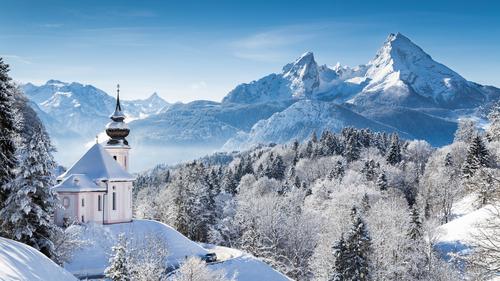Exploring the Rich Diversity of Cultures Around the World
As the world becomes increasingly connected, there’s never been a better time to explore the rich diversity of cultures around us. From the bustling cities of Asia to the remote tribes of Africa, there’s no limit to the array of fascinating cultures that exist in our world today. In this article, we’ll take a closer look at what makes cultures unique, how they differ from one another and why it’s important to celebrate cultural diversity whenever possible.
What Makes Cultures Unique?
At its core, a culture is a way of life for a group of people. This encompasses everything from their beliefs and traditions, to their clothing and food. Each culture has its own unique set of values and customs that define who they are and how they interact with the world around them. Some of the factors that make cultures unique include:
– Language: The way we communicate is a key component of culture. Each language has its own syntax, grammar and vocabulary that reflect the values and beliefs of the people who speak it.
– Religion: Religious beliefs and practices are another defining feature of culture. Whether it’s Christianity, Islam, Hinduism or any other religion, the beliefs and rituals associated with it can shape a culture in profound ways.
– Geography: The physical environment in which a culture develops can also have a significant impact on its customs and way of life. From the northern lights of Scandinavia to the deserts of the Middle East, geography plays a crucial role in shaping cultural identity.
How Do Cultures Differ?
While all cultures have their own unique features, there are some key differences that set them apart from one another. Some of the most notable differences include:
– Social customs: The way people interact with one another can vary greatly from culture to culture. For example, social etiquette in Japan is very different from that in the United States.
– Family structure: The way families are organized and structured can also be very different from culture to culture. In some cultures, extended families live together and play a central role in daily life, while in others, the emphasis is on the nuclear family.
– Food: The types of food that are popular in a culture can also be a defining feature. From spicy curries in India to hearty stews in Ireland, the food we eat reflects our cultural heritage.
Why Is Celebrating Cultural Diversity Important?
In an increasingly interconnected world, it’s more important than ever to celebrate cultural diversity whenever possible. Here are just a few reasons why:
– Understanding: By learning about different cultures, we can gain a better understanding of the world around us. This can help us to challenge our assumptions and prejudices, and to foster greater empathy and understanding.
– Tolerance: Celebrating cultural diversity can also help to promote tolerance and acceptance. By recognizing that there is no one “right” way to live, we can learn to appreciate and respect the differences that make each culture unique.
– Creativity: Exposure to different cultural traditions and practices can also inspire creativity and innovation. By bringing together ideas and customs from different cultures, we can create something entirely new and beautiful.
In conclusion, exploring the rich diversity of cultures around the world is a fascinating and rewarding endeavor. By learning about different cultures, we can gain a better understanding of ourselves and the world around us. So why not embrace cultural diversity and celebrate the beautiful differences that make our world such a vibrant and fascinating place?
(Note: Do you have knowledge or insights to share? Unlock new opportunities and expand your reach by joining our authors team. Click Registration to join us and share your expertise with our readers.)
